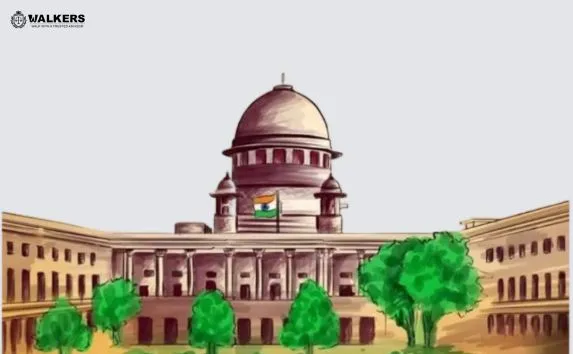


The Supreme Court recently ruled that a confessional statement cannot be deemed inadmissible solely because it was recorded in a language other than the accused's mother tongue. In the case before the Court, the accused, a Malayalee, had given a statement to the Karnataka police with the help of a third party who translated his answers from Malayalam to Tamil. The police then recorded the statement in Kannada. The accused argued that this recording process was unusual and therefore the statement should be disregarded.
However, the Court rejected this argument, stating that the ultimate test was whether the statement was recorded accurately as told by the accused. If the police required the assistance of an interpreter to record a statement in a language the accused did not know, this could not be faulted. The Court noted that the interpreter had testified in court and was cross-examined, and nothing was found to discredit his testimony. Therefore, the Court concluded that the statement was admissible and should not be discarded solely on the basis of the recording process.
The High Court, acting as an appellate court, has the authority to overturn both an order of acquittal and an order of conviction, according to a recent decision by a division bench of Justice Surya Kant and Justice Aravind Kumar. The Code of Criminal Procedure imposes no limits on the High Court's power to review evidence and reach its own conclusion, regardless of whether the appeal concerns an acquittal or a conviction. The case in question involved an accused individual who had been acquitted by the Trial Court but later convicted by the High Court on appeal. The accused was found guilty of murder, theft, and impersonation, and sentenced to imprisonment. The accused challenged the conviction before the Supreme Court, arguing that it was based solely on circumstantial evidence. The State countered that the High Court had properly relied on material evidence that had been ignored by the Trial Court.
The Apex Court recently upheld the decision of the High Court, which had re-examined the evidence and conclusions made by the Trial Court and had found the accused guilty of murder. The prosecution relied on circumstantial evidence, including the "last scene theory," which stated that the accused was last seen in the house of the deceased after his death. The accused failed to provide an explanation for the sequence of events, and therefore, the court accepted the "last seen theory" put forward by the prosecution.
The prosecution also relied on the voluntary statement of the accused, which led to the recovery of the dead body. The accused had later disowned the statement, but the Court held that derivative use of custodial statements was permitted under Section 27 of the Evidence Act. The court also held that only the admissible parts of the statement could be considered as evidence, and the portions that directly led to the discovery of evidence would be accepted.
The Apex Court found no irregularity in the circumstantial evidence relied on by the prosecution and upheld the conviction of the accused. The Court stated that there was no other possible view that could be considered as missing in the link of chain of circumstances, and therefore, the appeal was dismissed as being devoid of merits. The appellant was represented by Advocates Renjith B Marar, Zulfiker Ali PS, Lakshmi Sree P, and Lebina Baby, while standing counsel VN Raghupathy represented the State.
Click Here to: Download/View Related File
TAGS: murder conviction circumstantial evidence last seen theory voluntary statement admissible accused high court trial court appellate court prosecution witness burden of proof Evidence Act.